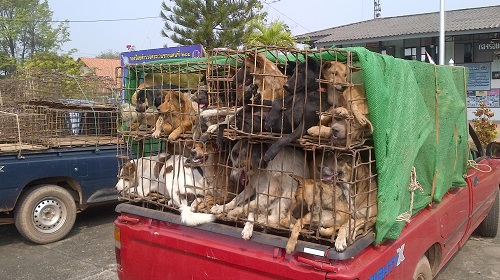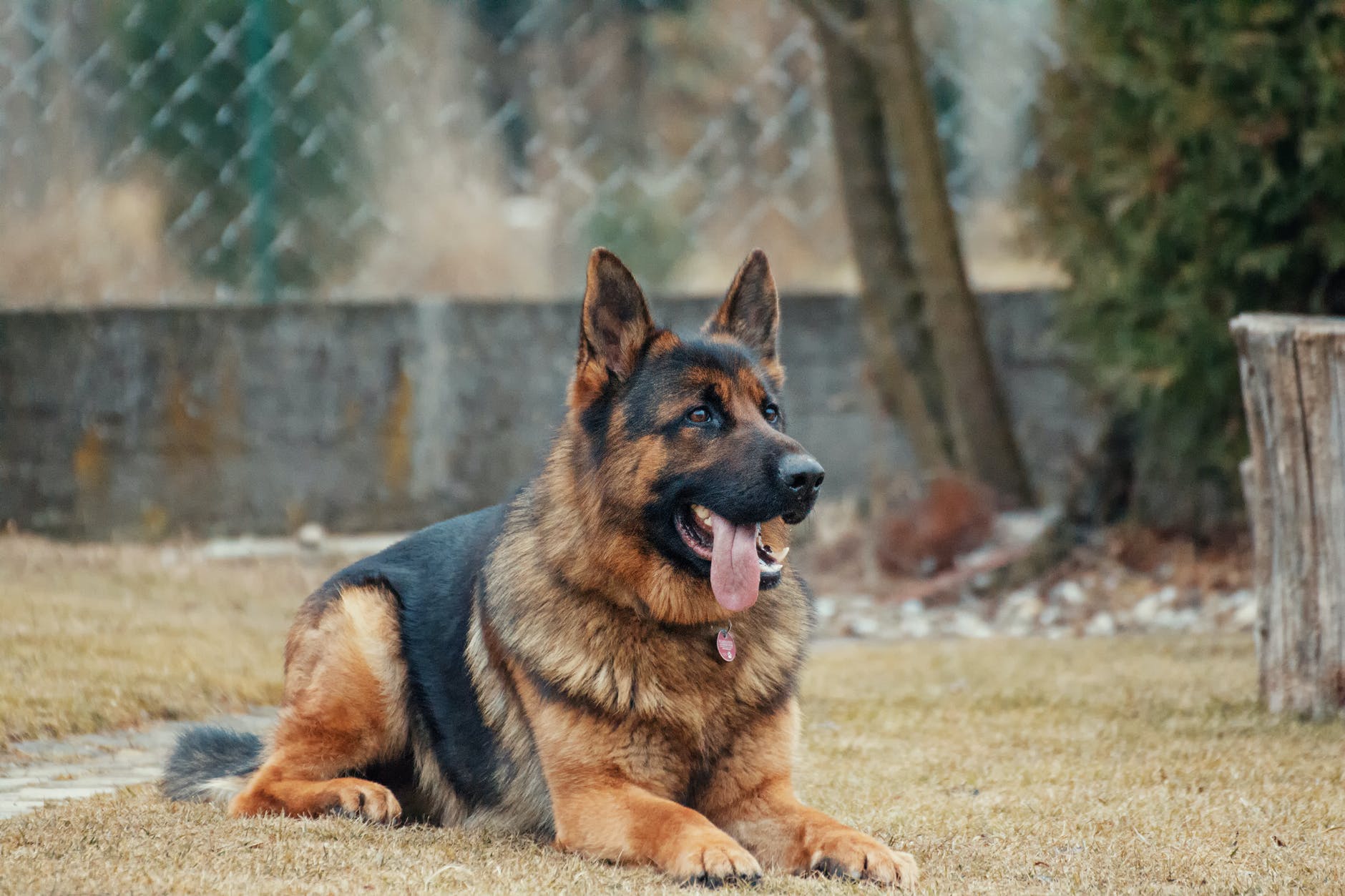Last week the backbencher debate in the British House of Commons on Asia’s dog meat trade highlighted the levels of cruelty to dogs involved in the industry, and the extreme human health risks associated with eating dog meat.
In recent months, a growing number of British celebrities have joined the swathe of animal rights campaigners lobbying governments and calling for an end to the trade. Ricky Gervais, Dame Judi Dench and actor and animal rights campaigner Peter Egan were amongst others who recently spearheaded a campaign and petition organised by Thailand’s Soi Dog Foundation. The petition (here) calls on the Thai government to stop illegal exports of dogs from Thailand to Laos and Vietnam, to satisfy dog meat demand in those countries.
China remains the largest consumer of dog meat in the Asian region, accounting for around 20 million dogs a year, according to animal rights campaigners. The now infamous Yulin Dog Meat Festival, which takes place very year in the southern province of Guangxi, neighbouring with Vietnam, sees over 10,000 dogs killed and eaten in just 48 hours. Campaigners claim the animals are treated inhumanely, trussed up and packed tightly into small cages, then skinned alive in some cases. There also remains a myth that the more adrenalin running through the dogs body as it is killed, the tastier the meat.
Vietnam is the second largest consumer of dog meat in the region, with around five million dogs meeting their fate every year in the thousands of primitive slaughterhouses across the country. Demand is so high in fact, there are estimates suggesting that up to 70% of dogs in the food supply chain are stolen family pets. Over the past two years there have been numerous incidents of dog thieves being lynched by angry villagers, and even villagers being killed by the dog thieves.
During the HoC debate Rob Flello MP told of dogs “housed and transported in disgusting conditions in which they can often barely move, and killed in the most excruciatingly cruel and painful ways”. He added “It is common for the animal to be bludgeoned, hanged or electrocuted, and, in some cases, for the animal to be thrown fully conscious into a drum of boiling water—anything that ensures maximum suffering”.
Inflicting maximum pain on a dog before it dies creates adrenalin that is thought by some in Asia to tenderise the meat.
Gavin Robinson MP weighed in by describing the Asian dog meat trade as “international barbarism”.
Aside from animal welfare issues, the debate also revealed serious human health hazards associated with eating dog meat. Parliamentary Under-Secretary of State for Foreign and Commonwealth Affairs, James Duddridge MP said “So unregulated is the dog meat trade industry, that there is a huge risk to human beings from diseases such as cholera and rabies, with the latter found to be present in slaughterhouses and markets in China, Vietnam and Indonesia”.
Alex Cunningham MP also referred to statistics stating evidence of a 20-fold increase in the incidence of rabies amongst people who had consumed dog meat across the Asian region.
Hanna Bardell MP also raised concerns about dog meat entering the UK food chain, asking “Do the Governments of our nations have a role to play in terms of the security of the supply chain and making sure that none of this dog meat enters our food chain and threatens our food supply?”
The British government however is wary of preaching western ideals to eastern countries. Robert Flello MP added: “I do not believe that it is generally this House’s role to tell societies abroad what they should or should not do based on western sensibilities, but we cannot allow tradition to be used as a smokescreen for practices that are barbaric, cruel, inhumane and disgusting”.
Steve Reed MP agreed, saying “There is a role to be played in seeking to secure global standards of animal welfare and in working with local campaign groups on the ground in the countries affected to help them strengthen their own cases”.
As a result of the debate, MP James Duddridge made two commitments on behalf of the government; to write to all British Ambassadors in the countries concerned to review what they are doing in relation to the dog meat trade, and to consider a review of how the government interacts on this issue with the various international organisations (for example, the World Health Organisation), specifically on the area of health.
Enter your email and never miss out on receiving our best articles:








